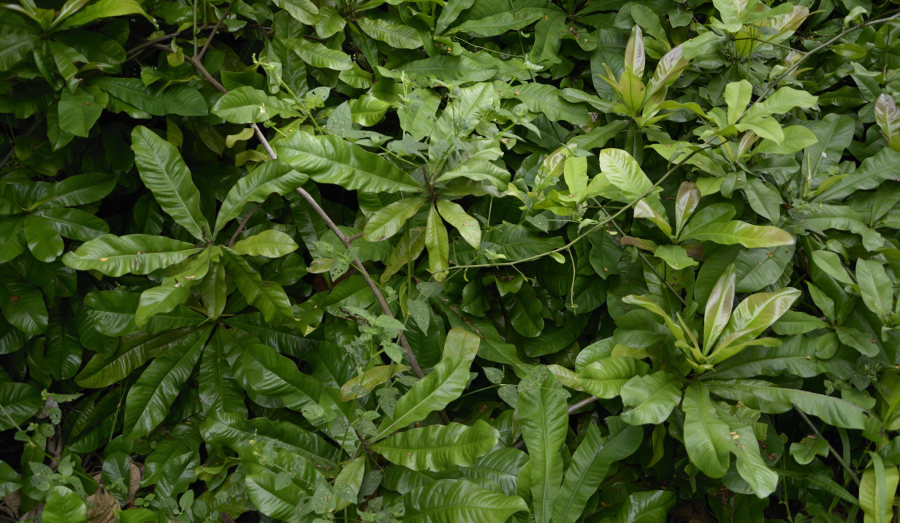Cancer affects tens of millions of Americans, and the diagnosis of cancer can fill its victims and their families with dread. While many Americans are able to overcome their cancers and survive the scare, there are many other cancers for which the prognosis for recovery is poor. One of those is pancreatic cancer, which affects over 55,000 Americans each year.
Even when pancreatic cancer is detected early and is limited to the pancreas, the 5-year relative survival rate is only 34 percent. With most cases of pancreatic cancer, however, the cancer isn’t detected until it has moved on to other nearby organs such as the duodenum, gall bladder, etc. If that has happened, the 5-year survival rate drops to 12 percent. If the cancer has spread even further, the survival rate drops to 3 percent. Overall, pancreatic cancer patients have a 9 percent chance of living another five years.
One reason for that is that pancreatic cancer cells are particularly able to resist common cancer treatments and are able to survive adverse conditions. Where other cancers might perish in austere environments, pancreatic cancer cells are able to survive. According to researchers, pancreatic cancer cells have “a remarkable tolerance to nutrition starvation.”
But now those researchers may have developed a way to combat the cells when they thrive under those austere conditions. It’s a compound known as ancistrolikokine E3, derived from the ancistrocladus vine (Ancistrocladus likoko) that grows in rain forests in Congo. By isolating compounds from the vine’s twigs they were able to create a treatment that was able to kill pancreatic cancer cells.
While this a promising first step, we have to remember that this was an in vitro test and not in vivo. It will still require further testing, especially in vivo, to determine whether this type of treatment will be effective. That’s not good news for current sufferers of pancreatic cancer, but hopefully in the not too distant future those with pancreatic cancer will be able to rely on an effective treatment that can combat their cancer.
This article was originally posted on Red Tea News.





